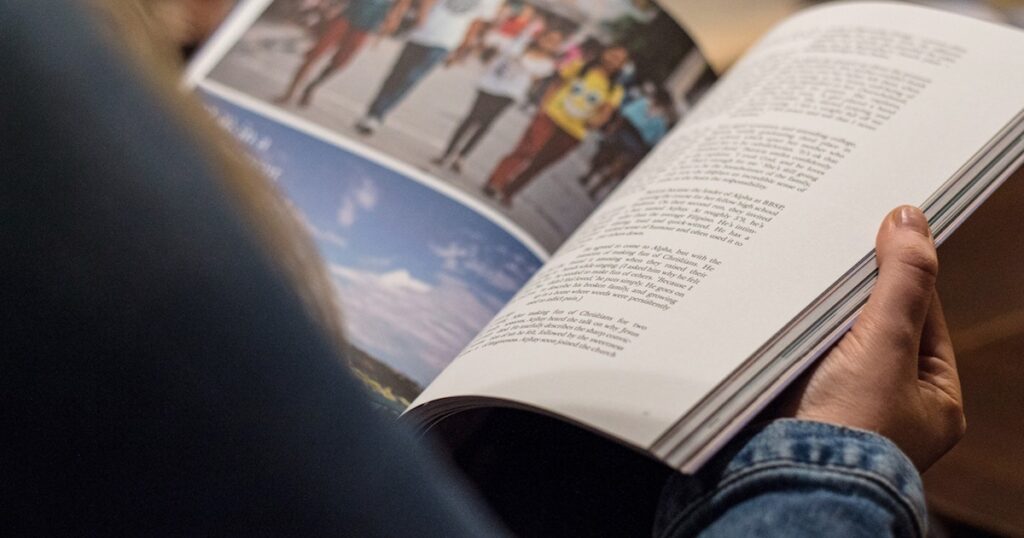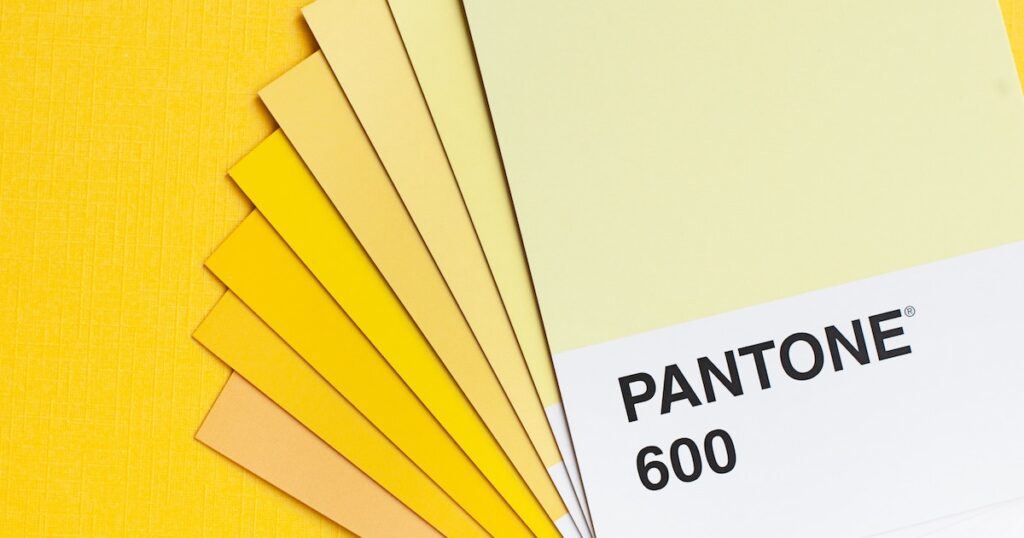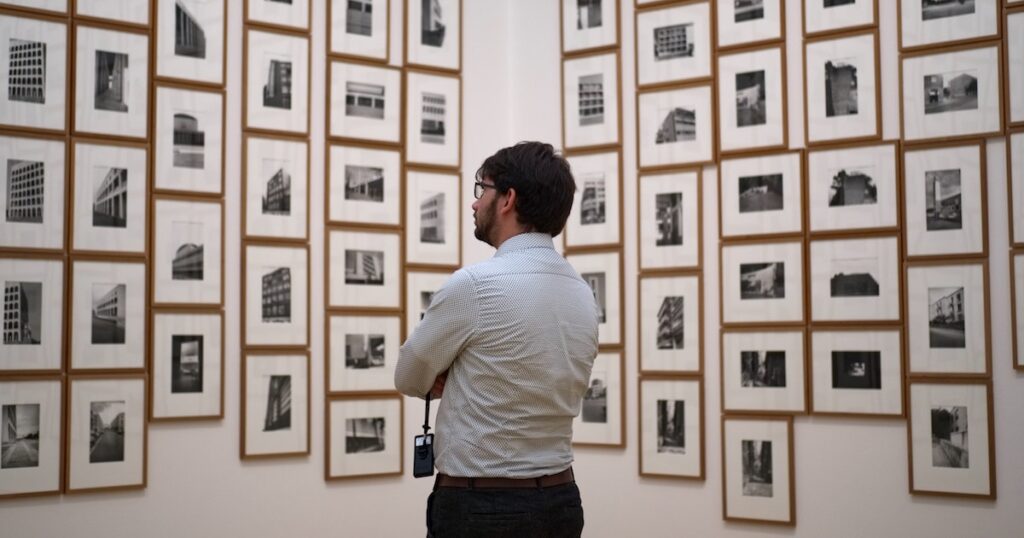
6 Jobs You Can Do With a Bachelor's Degree in Graphic Design
Although most work in an office setting, in 2018, 22 [...]

This website may earn a commission if you make a purchase after clicking on a product link in this article
I think I always wanted to get an MFA (Master of Fine Arts) once I graduated from college, but I was beset by imposter syndrome. My undergraduate degree was in history (at UC Berkeley), my second choice after I abandoned the English program. The core curriculum had hung me up almost immediately; I just didn’t want to figure out the symbols in Milton’s Paradise Lost.
What I wanted was to write. At the time, what I wanted to write was poetry. I had a wonderful teacher there—the black-dressed San Francisco poet Thom Gunn—but I wasn’t mature enough (my ego was likely too fragile) to commit to writing poetry even if I was the best poet in the room. I wasn’t.
I also had the feeling that I would be better off getting an MFA once I had more life experience beyond the campus. So, I got an internship in Washington, DC at the American Film Institute and started living life. Then I got a job as an editorial assistant at the American Historical Association on Capitol Hill.
All the while, I continued to write poetry. I was broke. It was a big city and my paycheck was very small. I applied to my first MFA program then: the Johns Hopkins Writing Seminars in nearby Baltimore, MD. I didn’t get in.
The rejection crushed me. Rather than taking a deep breath, in a scrum of personal and professional decision-making, I hurled myself in another direction. I needed a job where I could pay the rent so that I could write in my free time, and that seemed to be what an MBA in Arts Management could get me. There went the next decade.
One day I woke up and realized I was unhappy as an administrator enabling others to do art. I reassessed. I was now 32 rather than 22, rooted in New York City and six-years married. My husband insisted that I at least apply to MFA programs again, and I chose those closest to home: New York University and Columbia University.
I got into Columbia, a fantastic program with an Ivy League cachet, strong roster of teachers, selective student body, and successful alumni. And, fortunately for me, a job in the Development Department of the School of the Arts that gave me half-tuition remission. That was critical because Columbia was not cheap. The brutal truth of getting an MFA is that, unless you are an heir to a trust fund (and you will meet many of those in these programs), the finances of earning the degree are hard to rationalize.
With a lot of hindsight—and three published novels—I can say that I would probably have done things differently. My goal was to write, write and write during the two to three years that the program would take. While it stroked my ego to be at Columbia, the student loans that I had to take out would drain my bank account long after I got an agent for my senior thesis but didn’t win the lotto of book publishing. In retrospect, I could have written, written, and written as well somewhere less extravagant.
I had never considered one of the wonderful, yet less gold-plated, programs. If I had, I would have applied to Brooklyn College, which has an excellent MFA program with a strong faculty and alumni network. And, because it is a public university and I was living in New York at the time, the tuition wouldn’t have set me back the way an Ivy tuition did.
Hunter College, like Brooklyn College part of the City University of New York system, now also has an excellent MFA program. And there are strong programs around the country in the same vein: The University of Iowa and their two-year residency program is the gold standard of the writing MFA and has a massive alumni network; the University of California, Irvine has a three-year residency program that produced Richard Ford and Michael Chabon; and the University of Michigan at Ann Arbor is also notable.
So, here, the first advice might be to consider: Where are you located? And what are the best programs for a person with in-state tuition?
Second: can you see yourself in an online degree program? When I attended an on-campus MFA program, there was just a trickling of online programs. For those who don’t want to uproot themselves or who want more flexibility in their academic obligations, there are now a plethora of reputable–and reasonably priced—online programs.
The quality of teacher-writers in these programs has soared. The University of New Orleans low residency (mostly online, with occasional brief on-campus sessions) MFA matches students to a specific professor and offers one-month summer residencies abroad. Emerson College hosts an online program that allows its novel-writing students to specialize in genres such as horror, thriller and young adult and draws on the wealth of that creative institution’s faculty. Over at Antioch University in Los Angeles, the low-residency program that requires only ten days on site per semester emphasizes one-on-one mentorship as central to their program goals.
Perhaps you feel an urgent need to get away from home. Do you want to land near the publishing centers of New York? The entertainment industry in Los Angeles? Somewhere far from these distracting urban centers? There are excellent programs fitting each of these descriptions.
Also worth thinking about: how do you plan to support yourself until your career takes off? Many poets and novelists and memoirists teach. Would this be a good time to get some student teaching experience, or dip your toe into a few education classes?
In selecting an MFA program that’s right for your personal needs, be as creative as you would be in your writing. Use your imagination. Envision the future. Ask yourself: what do you really want from the program, and from your work, during the two to three years that you will spend there? You can write anywhere there’s a pencil and a piece of paper, but what you want is a program—whether online or on campus—that nurtures your talent and introduces you to mentors and colleagues while helping you identify productive pathways to the future.
Questions or feedback? Email editor@noodle.com

Although most work in an office setting, in 2018, 22 [...]

It's no secret that graphic designers have serious skills,but what [...]

Yet another bastion of culture that's slowly declining in popularity. [...]

Sure, you know the value of your capabilities, but others [...]
Categorized as: Art & Art History, Writing, Art & Design